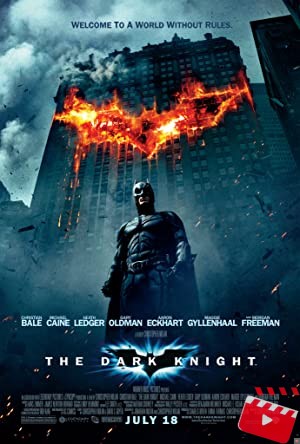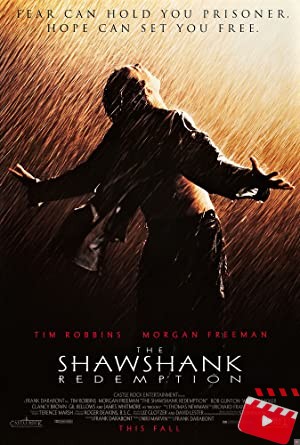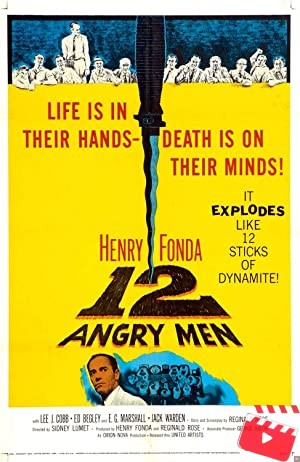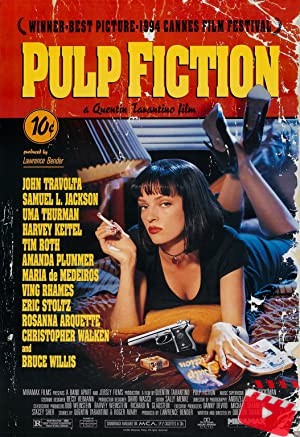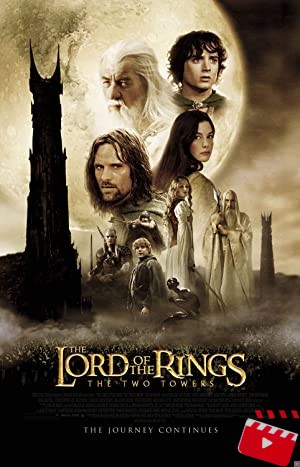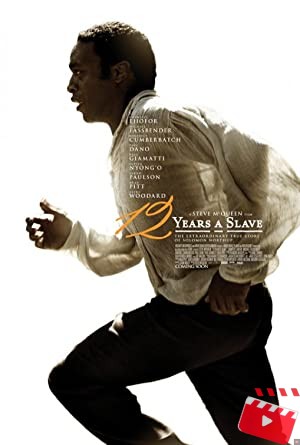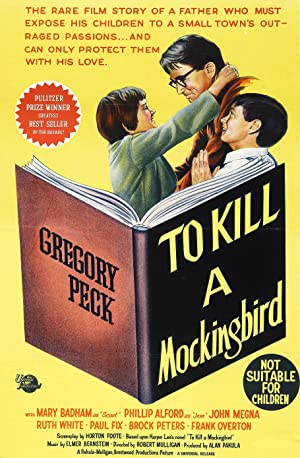
To Kill a Mockingbird is a classic movie that tells the story of a small Alabama town in the 1930s through the eyes of a young girl named Scout. The movie is based on the popular and powerful novel written by Harper Lee, and it is a stunning portrayal of a world consumed by racial prejudice.
This movie is a masterpiece of storytelling, and it features some of the most brilliant performances by actors like Gregory Peck, Mary Badham, and Brock Peters. Peck brings an unmatched depth to his portrayal of the noble and compassionate lawyer Atticus Finch, who defends a black man charged with rape in a trial that exposes the ugly truth of racial segregation.
Badham’s Scout is a remarkable character who offers the perfect voice of innocence and curiosity, and Peters’ Tom Robinson is a poignant figure whose life is destroyed by irrational fear and hatred. The cast is rounded out by a group of gifted actors who bring depth and dimension to the complex characters in the movie.
The script is superb, and it captures the atmosphere of the time with excellence. It manages to infuse humour and warmth into the story while never shying away from the harsh realities of bigotry and discrimination. Every scene is a true work of art, and the movie is a remarkable cinematic experience that remains timeless.
To Kill a Mockingbird is a vital and powerful movie that is as relevant today as it was when it was released. It is a work of great beauty, and it teaches important lessons about empathy, justice, and the value of human life. I highly recommend this movie to anyone who wants to experience a true cinematic masterpiece that will stay with them forever.
Lesson about To Kill a Mockingbird
We can learn valuable lessons about racism, prejudice, and the importance of standing up for what is right from the movie To Kill a Mockingbird 1962.
The Best of To Kill a Mockingbird
- 1. Powerful storytelling: To Kill a Mockingbird 1962 is renowned for its masterful storytelling. Based on Harper Lee’s Pulitzer Prize-winning novel, the movie features a poignant, thought-provoking story that explores important themes such as racism, prejudice, social inequalities, and morality. The film’s captivating narrative and well-crafted characters make it a deeply moving cinematic experience that stays with viewers long after the credits roll.
- 2. Brilliant Performances: The film boasts an exceptional cast that delivers some of the most memorable performances in cinema history. Gregory Peck‘s portrayal of Atticus Finch, a wise and compassionate lawyer defending an innocent black man in a small Southern town, is perhaps his most iconic role. The film also features remarkable performances by Mary Badham as Scout Finch, Brock Peters as Tom Robinson, and Robert Duvall in his debut role as Boo Radley, among others. The actors’ performances help to bring Harper Lee’s characters to life and make the film stand out.
- 3. Timeless relevance: Despite being released almost 60 years ago, To Kill a Mockingbird 1962 remains a relevant and important movie today. Its themes of racial justice, equality, and empathy continue to resonate with audiences worldwide, and its message is still as urgent and relevant as it was when the film was released. The movie’s poignant commentary on the human condition and the persistent issues of racism and injustice make it a timeless classic that continues to inspire new generations of viewers.
Week points of To Kill a Mockingbird
- 1. Lack of Diversity: While the story tackles the issue of racism and prejudice in the South during the 1930s, the film itself lacks diversity in its cast. The majority of the characters are white, and the perspective is limited to a privileged, middle-class white family. This limits the film’s ability to fully explore the complexities of race relations in the South and may not fully capture the experiences of black Americans during that time.
- 2. Simplistic portrayal of justice: The film presents a simplistic portrayal of justice, where a white lawyer heroically defends an innocent black man in court and hopes to change the hearts and minds of the community. However, this portrayal overlooks the inherent biases and systemic injustices in the legal and law enforcement systems that persist to this day. The film fails to acknowledge the reality that structural and systemic changes are necessary to achieve true justice, and individual acts of heroism alone are not enough.
- 3. Underdeveloped characters: While the film has some compelling characters, such as Atticus and Scout, some of the other characters in the film are underdeveloped and fail to fully contribute to the story. The character of Tom Robinson, for instance, is a pivotal figure in the narrative, but he doesn’t get as much screen time or backstory as he deserves. Additionally, the character of Boo Radley, who is built up as a mysterious and potentially dangerous character, is resolved in a way that feels rushed and unsatisfying.
Technical details of To Kill a Mockingbird
| Title | To Kill a Mockingbird |
|---|---|
| Year | 1962 |
| Rated | Approved |
| Released | 16 Mar 1963 |
| Runtime | 129 min |
| Genre | Crime, Drama |
| Director | Robert Mulligan |
| Writer | Harper Lee, Horton Foote |
| Actors | Gregory Peck, John Megna, Frank Overton |
| Plot | Small-town Alabama, 1932. Atticus Finch (played by Gregory Peck) is a lawyer and a widower. He has two young children, Jem and Scout. Atticus Finch is currently defending Tom Robinson, a black man accused of raping a white woman. Meanwhile, Jem and Scout are intrigued by their neighbours, the Radleys, and the mysterious, seldom-seen Boo Radley in particular. |
| Country | United States |
| Awards | Won 3 Oscars. 14 wins & 16 nominations total |

